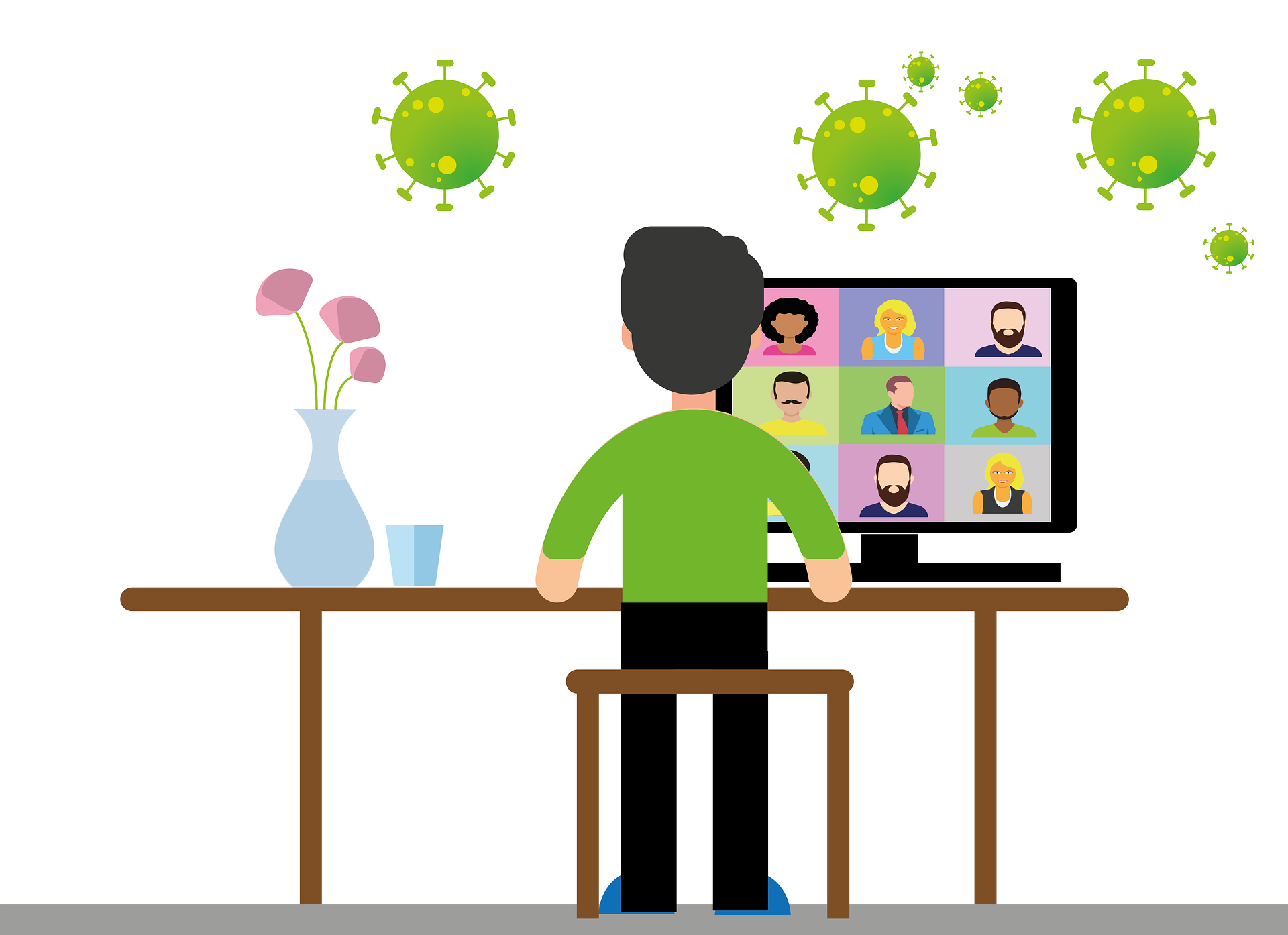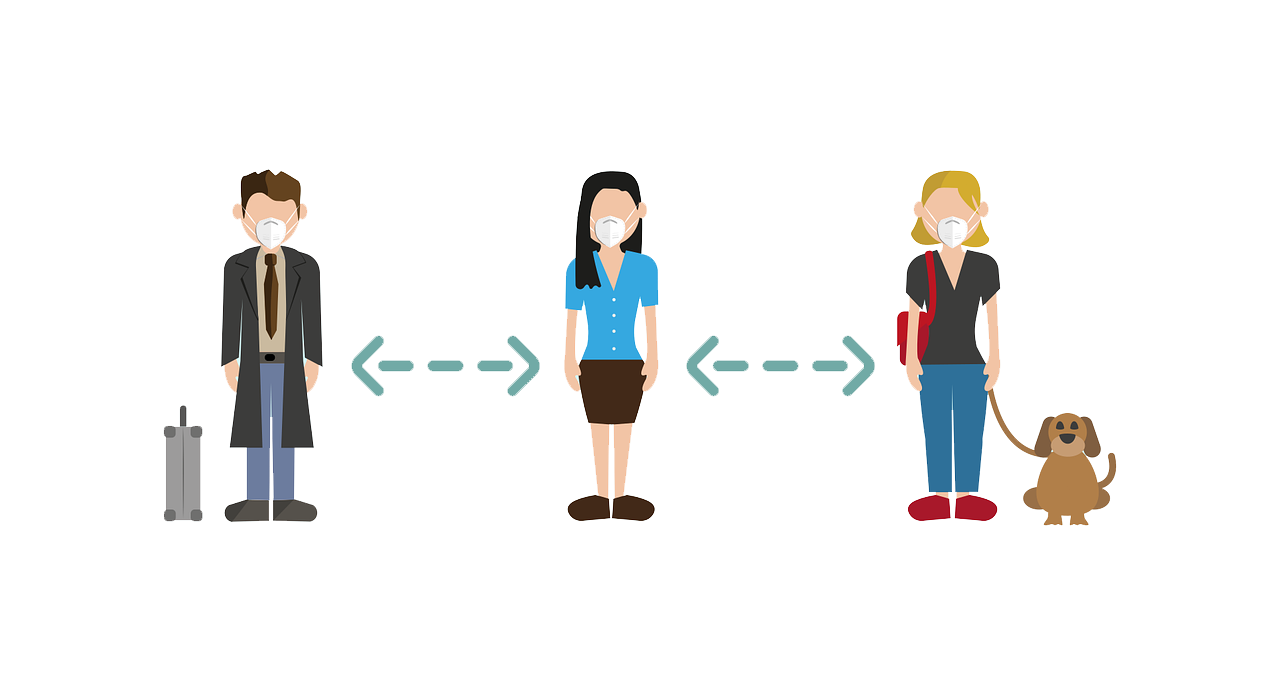Surviving Coronavirus
and Other Crises
It can be exhausting when meeting with others is no longer possible- or severely limited at the very least.

Meetings no longer take place in large, colorful groups, but only in very small groups and then always outside and with distance. In this way, a lot of intimacy is lost. Intimacy that is needed, because social contacts are a key to a healthy and, above all, happy life. Yet, it is precisely these contacts that have become significantly fewer, as a result of the coronavirus and the restrictions it imposes.

Especially in the beginning, it was difficult because everything was new and unknown to us. One had simply to adjust to the situation and adapt to it, which unfortunately is not always possible. For some, the coronavirus crisis even intensified other crises, so that they could only adapt to it with great difficulty.
Sometimes adapting did not succeed at all. The figures prove this. Let us concentrate on the example of depression. Before the coronavirus, it is estimated that about 10% of all adults suffered from some form of depression. With children, this figure was even about 16%. The limitations associated with the coronavirus have led to a five-fold increase in symptoms. In other words, for those affected, it was significantly more difficult to cope with the depression. However, what exactly is depression?
In short: Depression is a mental illness, in other words a serious illness. It is commonly understood as a kind of sadness and this is true in a certain sense. However, it is not a “normal” sadness, but rather it goes far beyond this. The sadness feels deep, is deeply anchored in the person and is constantly present. Exactly because of this, depressed people also change their behaviour in the long run. Even their thinking changes over time. They see everything only negatively, are generally dejected and difficult or even impossible to cheer up. This leads to people with depression gradually withdrawing further and further from friends, acquaintances or even from family life. Nevertheless, it doesn’t stop there: hobbies are also neglected. People generally do less and have no strength left for leisure activities or for doing something with others in general.
In short: It is a crisis that must be overcome. Because if nothing is done about it, it can take on terrible proportions. Some people with depression are so desperate that they see no way out and develop suicidal thoughts. At this point at the latest, intervention becomes necessary and professional help should be sought.
However, you must not forget one thing: Even if you feel alone, you are not. Crises can best be overcome together. That is why you should talk to your friends or family about it early on. Because with the help of loved ones it is easier to face a depression or crises. And, here we are again talking about the coronavirus. For how can you entrust your own problems to others when social contacts are severely limited? It’s very simple: Meeting others is still possible, even when only in a small circle. Skyping and talking on the phone are also great ways to stay in touch with your circle of friends. Sure, you can also do that via texting, but hearing the voice or seeing each other is always better. If even that is not possible, talk to your family!
And, in the meantime, you can still look around on this website. Here you can find short texts, tips, hints and so on and so forth- everything related to the topic of how to overcome crises. Maybe there are one or two suggestions that will help you or your friends or family.


